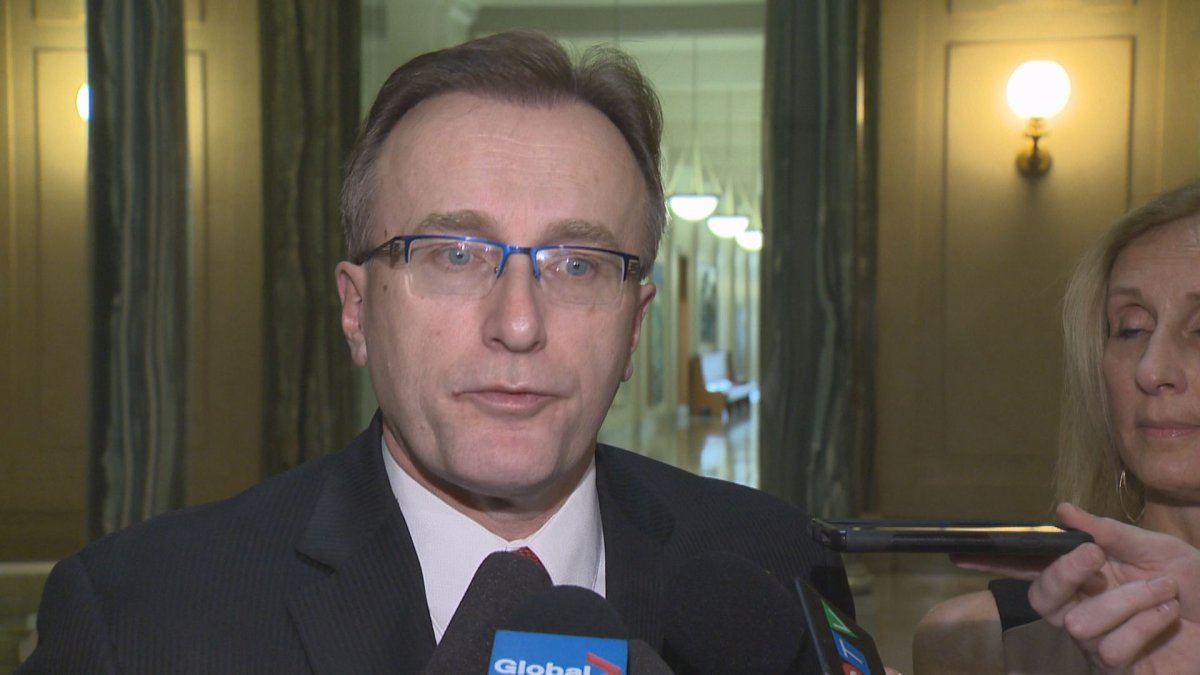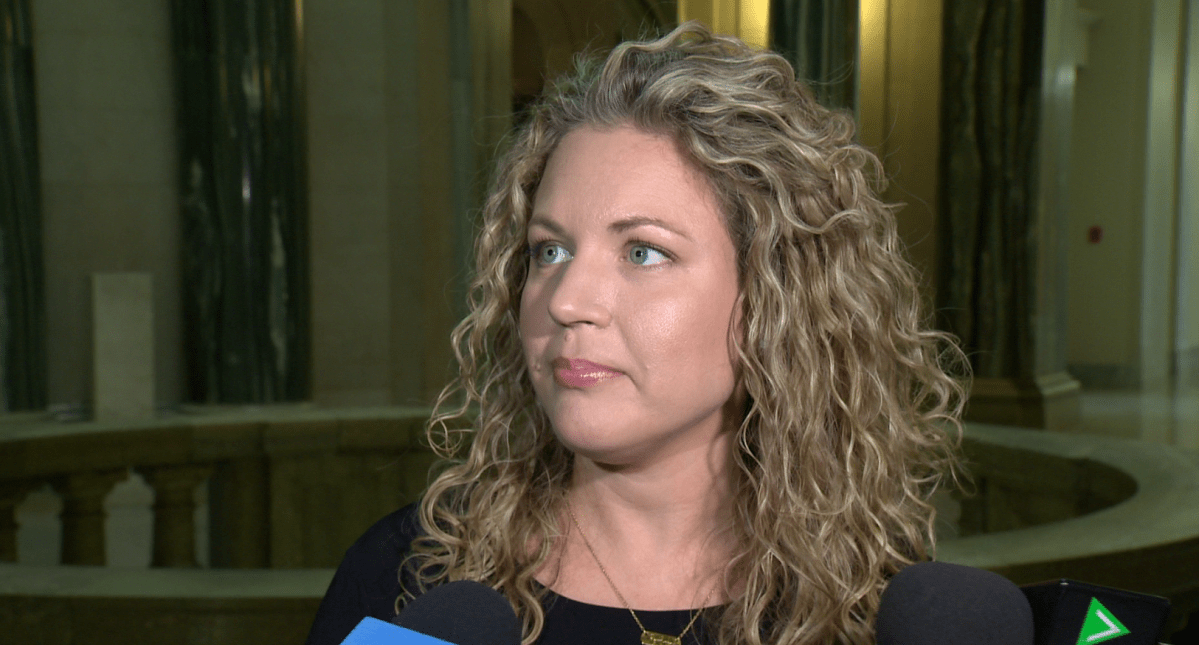The individualized funding for children under six-years-old that the Saskatchewan Party government had promised in their 2016 election campaign is coming in the April 10 budget. Health Minister Jim Reiter said the total investment is expected to be around $2.8 million.

This means that families who have children under six-years-old on the autism spectrum will receive $4,000 annually per child to help pay for necessary supports. The campaign commitment is to increase that funding within two years.
This funding stands to help support 700 kids under the age of six based on $2.8 million.
The start of this program was deferred from last year’s budget, and health critic Danielle Chartier is going to be watching it closely come April 10.
“Aging out of the eligibility is one issue for sure, and if it is in this budget we will have those kinds of questions. Is it going to be retroactive for those families for whom it was committed two years ago?” Chartier said.
“The reality is what it means by not having access to services and supports, kids fall behind, and when kids fall behind, families suffer.”
READ MORE: Regina family with autistic child calls for more educational support

Get weekly health news
Two of Christina Noubarian’s three children are on the autism spectrum. They’re 11 and 13-years-old respectively. One goes to school full-time, the other can only go for two hours a day.
“We had very limited access when the kids were under six. We didn’t get what was promised to us. We had to fight for our own. We had to actually have our own therapy program that we ran through our house,” Noubarian explained.
To get her kids the full care they needed, it would cost the Noubarian family thousands, around $3,000 a month by her estimate. They can’t afford that and would cap out based on what Noubarian was able to make working nights at restaurants and other jobs.
“I don’t think that’s an attainable goal for any family. We’re working with one fulltime working parent, because the other one had to stay home because there wasn’t childcare services available who would take kids with special needs that require that amount of extra support,” she said.
Noubarian says that the current plan doesn’t account for kids on the most severe side of the autism spectrum that need even more supports.
“I’m not sure the total solution, but funding would help. To have extra care that comes in gives my husband and I a break because it will be out whole life. We look at retirement, and it will probably look different for us than a lot of people,” Noubarian said.
Reiter and Noubarian are expected to meet in the near future to discuss her circumstances and what resources may be available for her family.
“I certainly sympathize with that and there are gaps. I think we’ve come a long way in the last few years. It wasn’t too long ago there was almost nothing in place,” Reiter said.









Comments